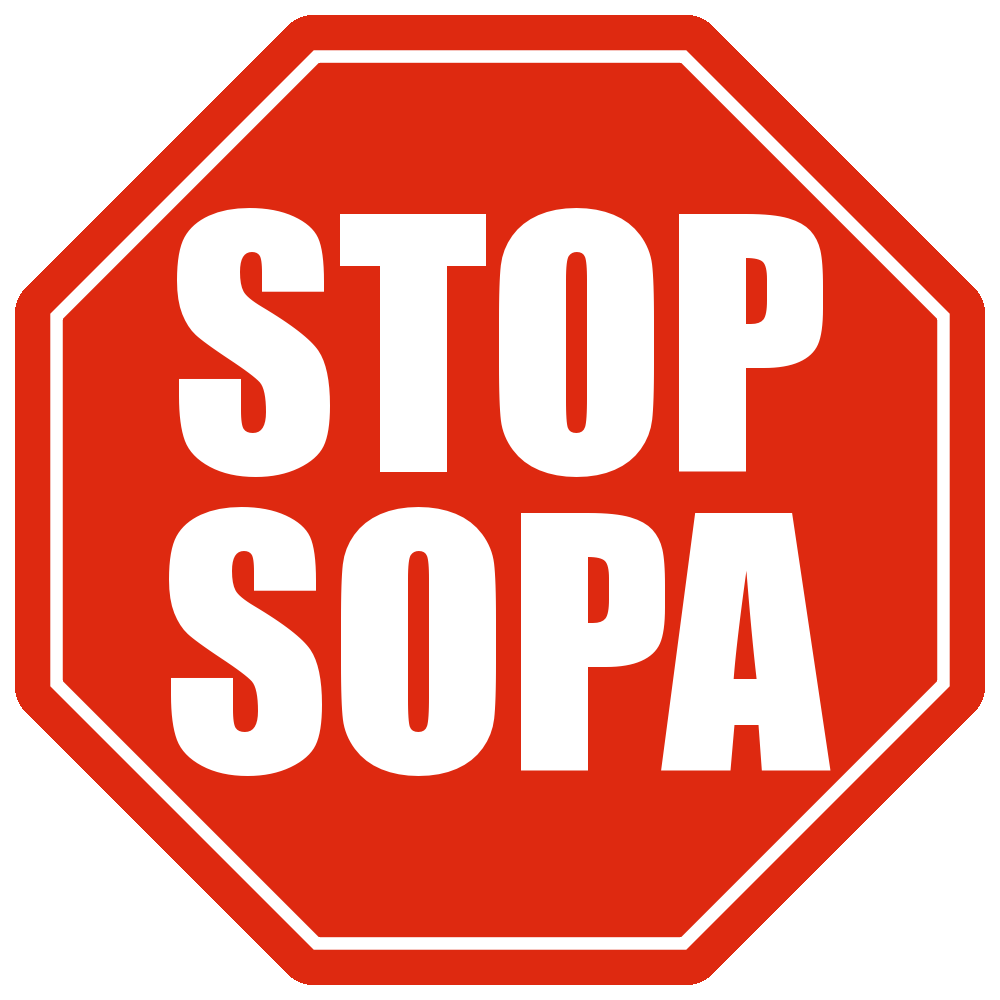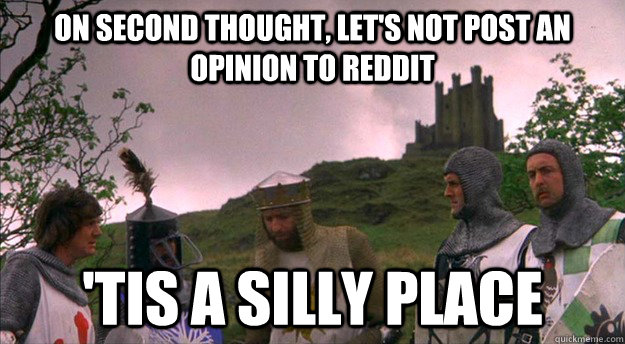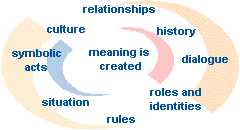***please note some viewers may find the video contained within this blog offensive.
Several questions arise when considering any new theory, even if that theory is just new to you, and not new in the sense that it is freshly created.
Today's theory is INT (Inconsistent Nurturing) as it applies to eating disorders, anorexia and bulimia. For those unfamiliar with the theory, it basically says that the relationship within the mother daughter dyad as it involves communication is complex and "inconsistent" - that is, the mother, as nurturer and punisher, doesn't stick to one role, rather alternately reinforces the behavior and punishes the behavior.
NORMAL:
 INT theory uses family systems theory as a foundation. This is where the first concern comes in. The text this blog draws from continually uses the term "Normal Family". What exactly is a normal family and what systems in the family make it normal? Is my family normal? How about yours? For "normal" families, which systems operate within these families, and why?
INT theory uses family systems theory as a foundation. This is where the first concern comes in. The text this blog draws from continually uses the term "Normal Family". What exactly is a normal family and what systems in the family make it normal? Is my family normal? How about yours? For "normal" families, which systems operate within these families, and why?
INT uses research from 1978 to describe a normal family and the systems that make it normal. These systems include a spousal relationship, a parent relationship, and a sibling relationship.
Let's examine that:
26% of children under 21 in the U.S. today are in families headed by single parent households.
There were an estimated 399,546 children in foster care.
More families in the US have fewer children than before, and now 1/4 or more have only one child!
No spousal relationships, parent relationships, or sibling relationships exist in these cases, and yet not all of these people develop disorders nor are they abnormal. "Normal" families are changing. That word, Normal... it is inappropriate semantically. Norms changes over time. This US Census graph shows how family structures are changing over time... so what is a normal family? Is it acceptable to make claims based on a changeable foundation?

Eating Disorders:
INT focuses on the eating disorders of anorexia and bulimia, but is that the most relevant food problem/disorder facing the US today? I am making the case here that INT is a critical theory because we want to solve the problem within the relationship to heal the illness of the afflicted person, and as such shouldn't this theory then be applied instead to the bigger problem of obesity as an eating disorder instead of anorexia and/or bulimia? There are 313.9 million people in the US. Up to 30 million people suffer anorexia and/or bulimia at some point during their lives (this doesn't mean there are that many all the time or even at one time or that it lasts forever etc). That is less than ten percent of the population, even if all at once! Obesity, on the other hand effects 36% of adults and nearly 20% of adolescents in the US, right this moment.
Although it isn't an accepted eating disorder, many cases of obesity could/should be considered eating disorders. This theory, while confined to the two stated illnesses, could extend to obesity issues and awareness as well. The inconsistent nurturing of a parent of an obese child shows up in their food choices. The inconsistent nurturing of society towards obesity (i know it's a stretch, stay with me) are graphically noted in the following clip:
Ricky Gervais, who can be offensive points out that weight loss is applauded, but it seems to be a taboo to nurture fatness away. Also, society doesn't know how to appropriately deal with this issue, so parents, who often take their cues from social norms are left adrift on how to socially acceptably handle the obesity of their offspring, and even themselves.
Surprises in this theory, for me personally, include the total discount of the social influences, the biological influences, the psychological influences etc that impact an illness such as an eating disorder. Mentioned briefly is the impact of the media (which Ricky Gervais also mentions it in the above video) and how girls are inundated with Barbie and models and etc... we now have a movement to make FAT BARBIE. This is not okay, this is media, and while I understand that communication theorists can only study within their narrow field, I also believe that discounting outside factors is a mistake.
This is a problem people... this is THE eating disorder critical
theorists should be dealing with because obesity kills more people than
all other eating disorders combined.
Therefore, I maintain that the definition of eating disorder needs updating to include obesity.
Other Applications:
INT is used in a very specific manner, but could it be used elsewhere? Are there complex communication patterns that occur and or inconsistent nurturing patterns that exist in family systems in other situations? My answer is an emphatic yes. Families in domestic violence situations, or who face the deaths of children, or traumas where the family is in dysfunction. All of these situations could find INT applied in an effective manner, The study itself (found here) often refers to the crossover between eating disorders and substance use, proving that it is applies elsewhere.
What's the Point: Thus, the two weaknesses, or areas of concern for me are definitional and bring into question the validity of the theory itself. Updated models and definitions could bring more veracity to the results found by researchers using INT. Wider familial applications could and should be tested in order to more effectively help families in crisis.
Images this week were legally obtained within the copyright clause of fair use for educational properties. Nah, just kidding, i clicked and copied them from:
http://knowyourmeme.com/memes/you-keep-using-that-word-i-do-not-think-it-means-what-you-think-it-means
http://iowntheworld.com/blog/?p=218814












